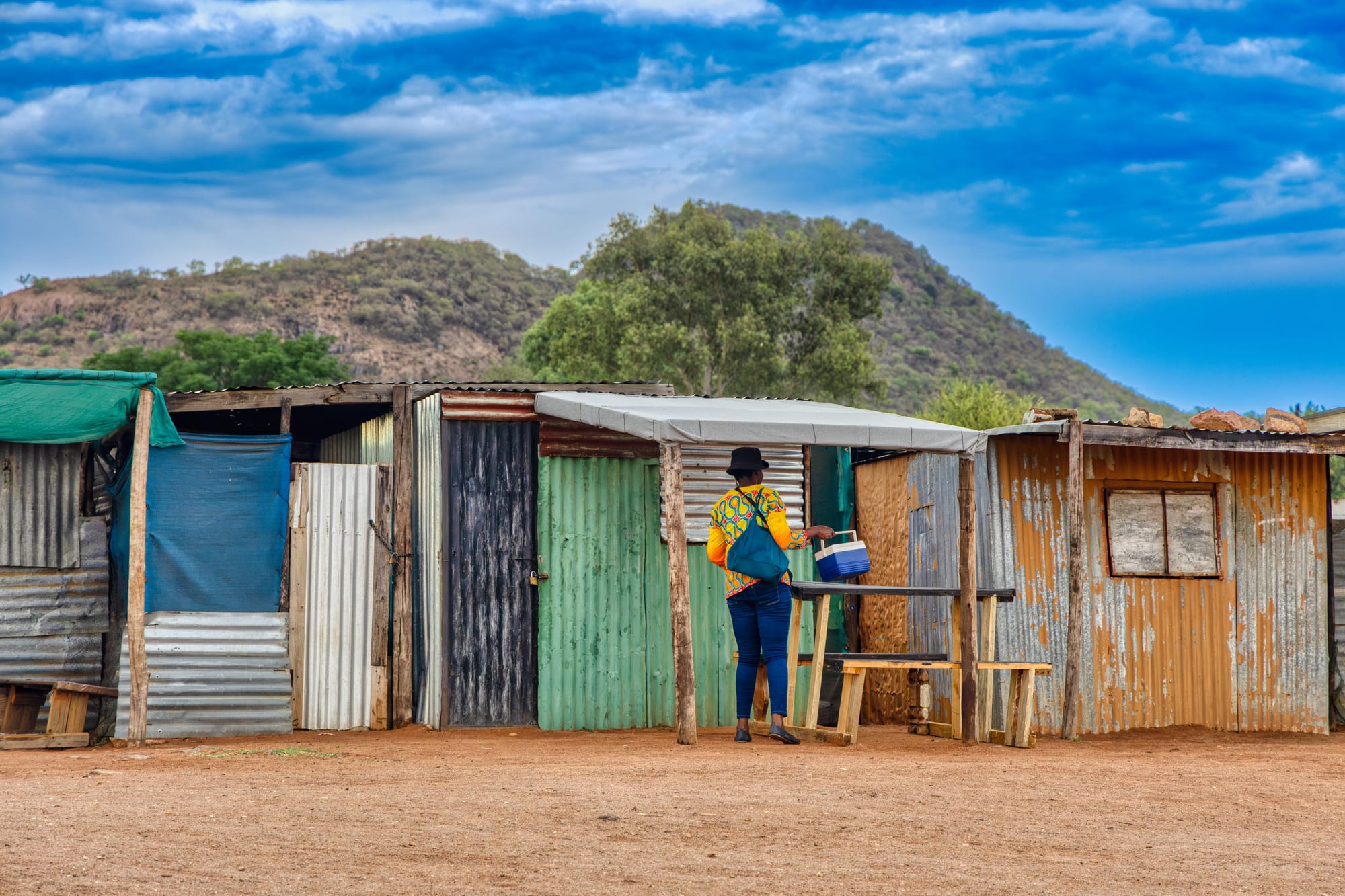The Future of Township Property in South Africa 2024

Article by Akashni Weimers
It is no secret that South Africa is home to some of the most sought-after properties in the world, all in terms of location, price and demand.
The "township", historically a reserve location that served to segregate and house the country's Black, Indian and Coloured populations - has now become a thriving economy worth over ZAR 900 billion; and said to be the birthplace of future billionaires.
Townships are home to almost half of the country's urban population, with numbers rising to above 60% in areas like Cape Town, for example.
But working as landlord or entrepreneur inside of the typical township market provides no easy entry.
The future of township property in South Africa is complex and influenced by various factors.
Here are some of the challenges facing township economies today:
1. Lack of Access to Funding: Like with all businesses in South Africa and elsewhere, the lack of funds for business builders and property developers is real and a major market barrier to entry. Businesses struggling with a lack of funds face a number of hindrances. See our article on funding for an indepth discussion of the pain points.
2. Infrastructure and Service Delivery: Inadequate access to basic services like water, sanitation, and eespecially our electricity crisis are major challenges to businesses and landlords in the township.
3. Crime and community buy-in: It is said that to be successful at building either business or a property portfolio within the township - one has to be connected in a way that fosters communal buy-in. Township communities must ideally want to keep an eye out for the safety and prosperity of the business, owner and landlord working within the township in order for that business to grow, succeed and thrive sustainably.
Key Takeaway for Property Investors and Developers within the Township:
It is no hidden reality that in order to take advantage of the opportunities within the township economy for businesses and landlords, that one has to understand this market very well and be connected to the right support networks in order to make it work.
Yes, property prices are lower, yields are high (e.g. 12% in Khayalitsha) and demand is abundant. However, security, maintenance, infrastructure, city call-outs, sewerage and other services have to be factored in when making the decision as to whether to invest. Like with all investments, risk profiling must be collated as accurately as possible in order to the most out of the opportunity.
Upgrades to existing infrastructure and new developments can increase property values. The overall future of township property in South Africa depends on addressing the challenges and leveraging opportunities for growth. With the right support and investment, townships can become thriving economic hubs.
Get onto our mailing list for more insights on township, developments, property, funding and business know-how. See what our investors are doing with their money with regards to business and property in South Africa and abroad by subscribing to our mailing list.